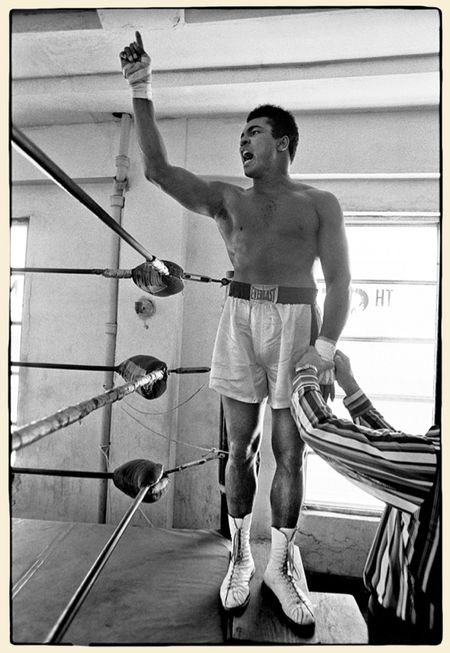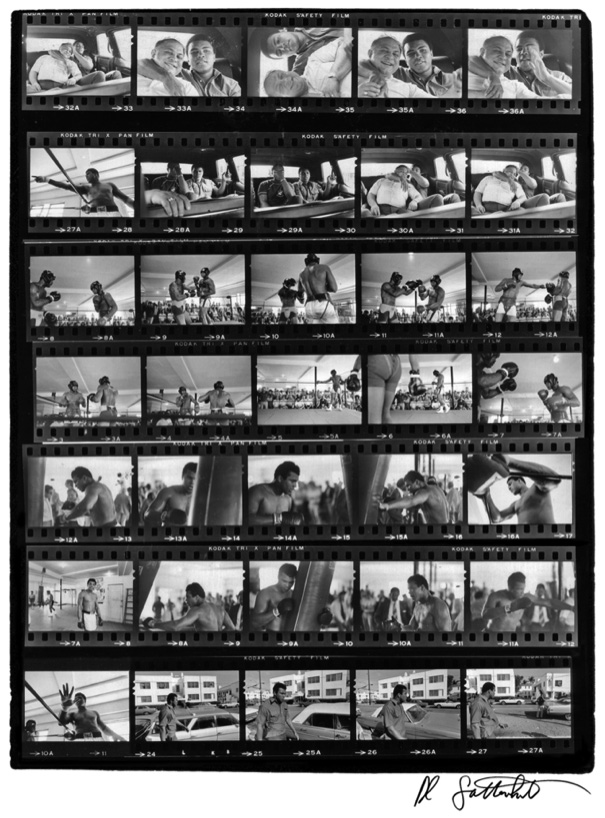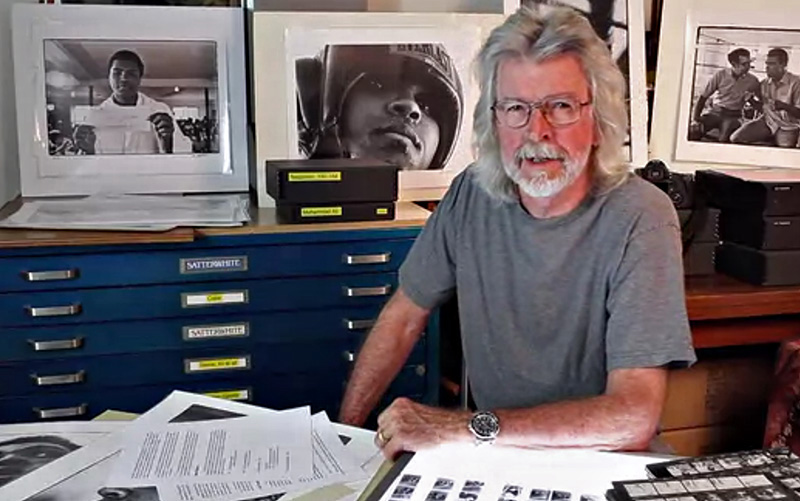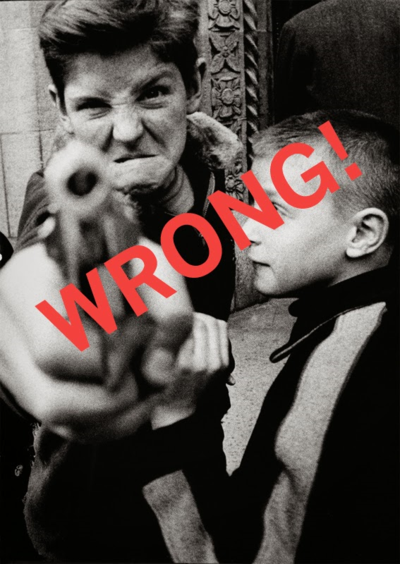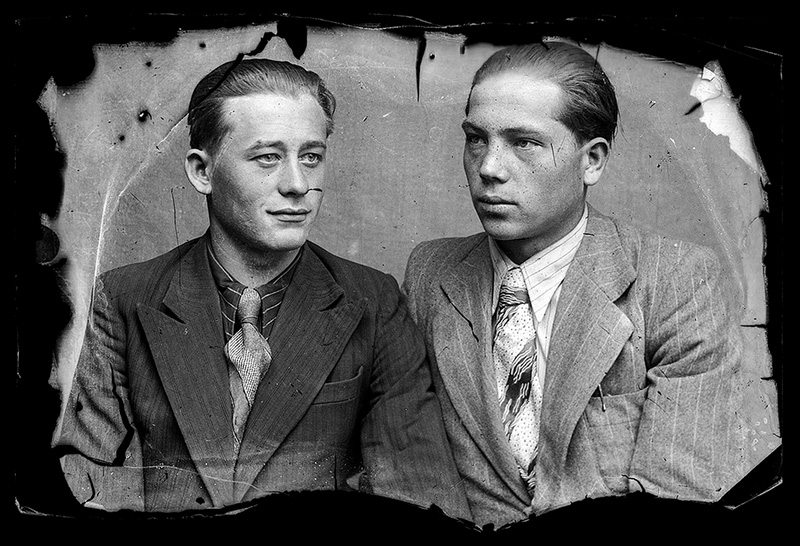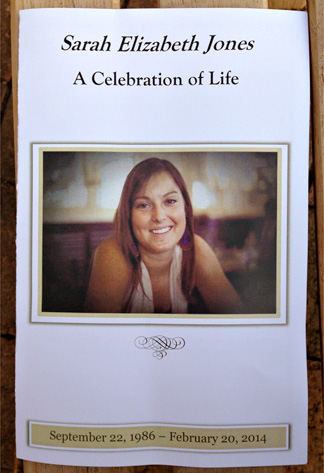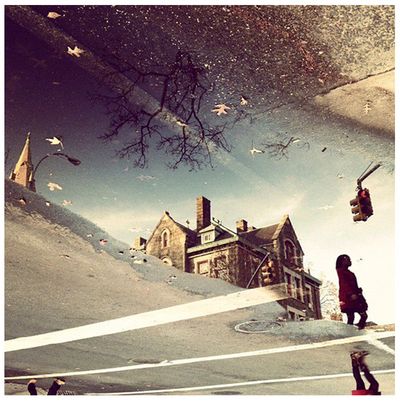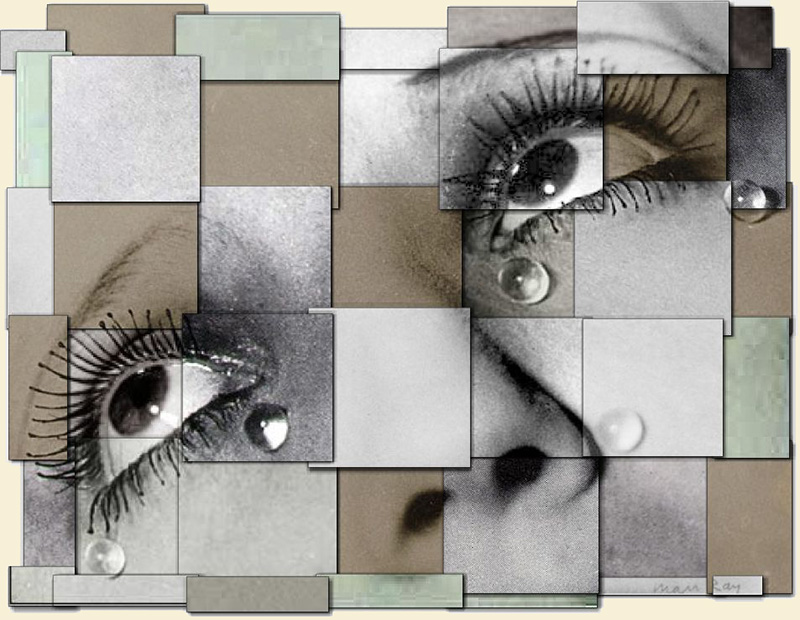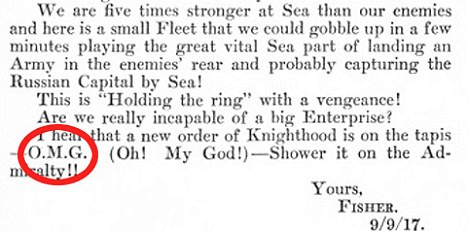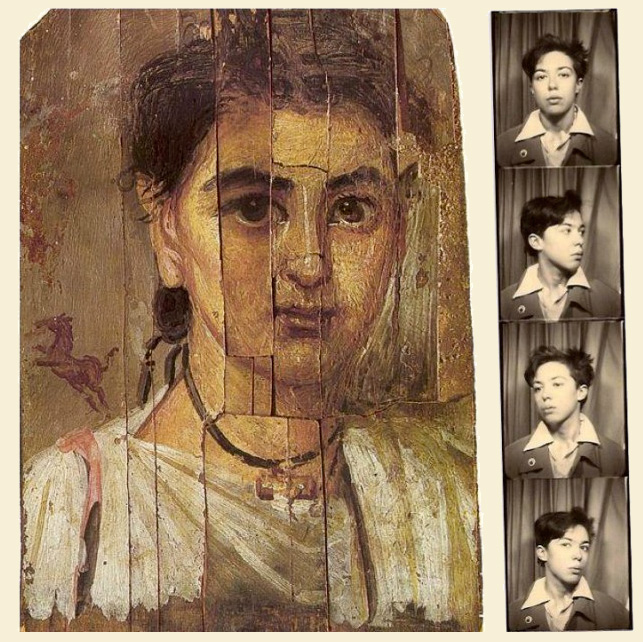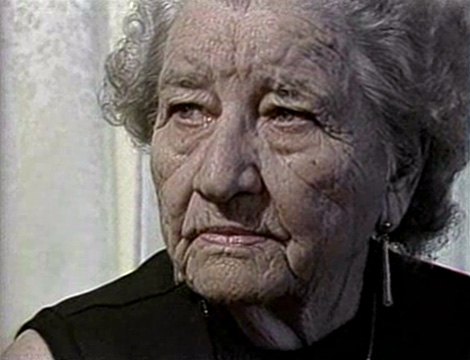 Florence Thompson in 1979.
Florence Thompson in 1979.
The short take: NBC's Bob Dotson is publishing a book. NBC is helping publicize it. An article on Today.com publishes the original video segment and an excerpt from the book, which is apparently the text from the video segment, closely followed but heavily reworded. The video segment is obviously archival, not recent. It's from...hmm. Doesn't say.
I'm noticing these days that "Journalism 101" violations are getting much more common...again and again I have to go fill in one or more of the "Five W's" by myself. (I was reading an article about a racetrack called "Riverside" in a car magazine recently, and nowhere did it mention where Riverside is. California, turns out. I didn't know.)
You know what they say..."oh well." Just so you know, the original air date of the video segment was October 30th, 1979. I think any article including it should have mentioned that.
I've seen the video segment before several times over the years. I never thought much of it back in the day. It doesn't offer any insight into the picture or discuss what Florence thought of it. It neglects to show the famous picture in its entirety (just a zoom-crop, and the same with several outtakes) and it doesn't even mention Dorothea Lange. The reworded article remedies that, at least.
Very oddly, though, the article/book also rewords the quotes, so that they no longer follow what Florence and some of the others actually say in the video piece.
Here's the article:
"Did you ever lose hope?" I asked.
"Nope," she said, snapping off a flower to take a sniff. "If I'd'a lost hope, this country never would have made it."
In the video, there's no flower, no sniff. And what she says is:
"No. If I'd ever left hope, I'd never [a'] made it."
(I can't quite tell if it's "I'd never a' made it"—i.e., I'd never have made it, with that "have" elided to almost nothing—or "I'd never made it." In any event, nothing about "this country." Not an accurate quote either way.)
You know what they say...about grains of salt, this time.
Mike
(Thanks to Hans Giersberg and several other readers)
Original contents copyright 2013 by Michael C. Johnston and/or the bylined author. All Rights Reserved. Links in this post may be to our affiliates; sales through affiliate links may benefit this site.
A book of interest today:


(To see all the comments, click on the "Comments" link below.)
Featured Comments from:
Mike Plews: "Three hours ago I was looking at a 1965 vintage print of Migrant Mother, Nipomo, California, 1936, at a show at the Sheldon Museum in Lincoln, Nebraska. The Sheldon has been acquiring photography for quite some time and this exhibit consists of 110 selections from the collection. It was quite a show with work ranging from a Fox Talbot Calotype to some contemporary work on big sheets of aluminum. I never expected to see vintage prints from Ralph Steiner, O. Winston Link, and Robert Mappelthorpe in the same room. It made me a little dizzy. It was a real pleasure to look at such a variety of visions and methods. Nothing equals actually getting close to original prints. The show runs through the end of April. Highly recommended. The book is also rather nice. Good reproductions in the book but tough to be objective with the originals still so fresh in my mind. Finished it off with a slice of prime at Misty's with Mrs. Plews and had a nice, relaxed, rainy afternoon drive back to Iowa."
is also rather nice. Good reproductions in the book but tough to be objective with the originals still so fresh in my mind. Finished it off with a slice of prime at Misty's with Mrs. Plews and had a nice, relaxed, rainy afternoon drive back to Iowa."
John Camp: "When you change language, you change the reader's apprehension of the interviewee's status and personality. Most people use language in a way that's as distinct as a fingerprint. As a journalist, though, I'd sometimes have to change quotes. If a politician said, 'Well, what we were trying to do, uh, John? Is that right? ...trying to get enough bond money passed to fix the gd'd runway before any more planes, you know, crashed or whatever.' I'd change that to, 'What we were trying to do is get enough bond money passed to fixed the runway before any more planes crashed.' Every reporter does this—you elide certain words and phrases in the interest of making the quote understandable. Though sometimes you wouldn't—and in those cases, you were usually mocking the interviewee, which is worse than not changing it. But for other interviewees, you leave the language alone, and this seems to me one of those cases where you do that. But they not only didn't leave it alone, they changed it.
"Actually, I've seen a couple interviews with this woman, and I have to say...she didn't seem to have much to contribute. It seemed to me like she didn't understand what had happened to her, what came afterwards, or even what the photo meant to a lot of people. Like, if you'd interviewed the fat guy jumping over the puddle, in C.-B.'s famous shot, what would he have to contribute? It's the shot that's important, not the jump or the guy. But I could be wrong."
Mike replies: But you do agree that changing "I would never have made it" to "this country never would have made it" is well out of bounds, right? The text and video offers other examples for closer reading if anyone is interested. Makes me wonder what people who only read the book are getting, vs. what they think they're getting.
Hugh Crawford: "Any time anyone edits something it gets further away from the truth, except for the times that it doesn't. I have been interviewed on a few occasions and many times I get asked more or less the same questions and I give more or less the same answers. I'm sure that Florence Thompson has been interviewed a few times and I am sure that the questions and answers were pretty similar but not the same each time, and there is nothing to indicate that the the video is the same exchange as recorded in the text.
"Not only that, but the standard way of filming an interview with one camera is to set up one camera angle, do the interview, set up another angle and do a lot of the questions and answers a second or third time, then edit it together into one composite. Often the second or third versions in the same interview are a little different.
"As far as print journalism goes, successive edits for length style and clarity by persons not familiar with the subject can mangle meaning.
"Still, The Today story is a mess and the bit about the flower is the least of it. The author says, 'I found a trailer camp on the site of the old migrant camp in Modesto, California,' but the migrant camp was actually in Nipomo, 250 miles away on the coast. I grew up 20 miles from Modesto and it is not near the coast. Boston and Manhattan are closer than Modesto and Nipomo.
"The Today caption starts, 'Florence Thompson was a widowed migrant worker,' but both Dorothea Lange and Florence Thompson's account mention her husband.
"Dorothea Lange recorded them as being migrant workers in the parking lot of a pea pickers camp, and the newspapers shortened that to them being pea pickers (logical enough right?) when in fact they were beet pickers whose car had broken down near the parking lot and her husband and sons went to get repairs.
"We grew beets on our farm near Modesto in the '60s, and you don't pick beets, you dig them out of the ground with a machete with a spike on the end.

"Yet another inadvertent screw-up.
"When the Paulo Pellgrin botched caption brouhaha was boiling over, I was thinking of the Dorothea Lange / Florence Thompson caption mess.
"Incidentally, Florence Thompson died in 1986, and had complained in 1983 about never getting any money for the picture. And she was ashamed of it. It's more complicated than that and if I made it simple and clear it would not be the truth. Read this, it's a good start."
Jock Elliott: "Once upon a time there existed in our universe wondrous creatures called editors and fact checkers. Editors make sure that essential information is included—like Riverside is in California—and fact checkers make sure that the facts in the story are right. I wonder where they went? In my experience as a writer, I found that most people—with the possible exception of politicians on the stump—do not speak in smooth sentences that are easily quotable. As a result, eliding quotes is common, and I find that most interviewees appreciate having that done. But—and this is standard procedure for me—I usually run the final quotes by the subject of the interview to make sure the quotes accurately reflect the conversation."
